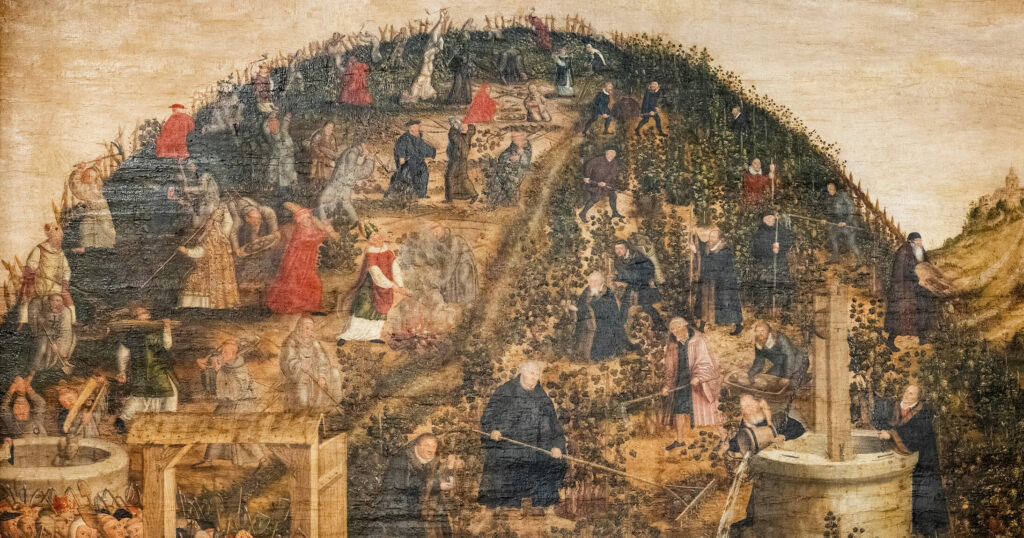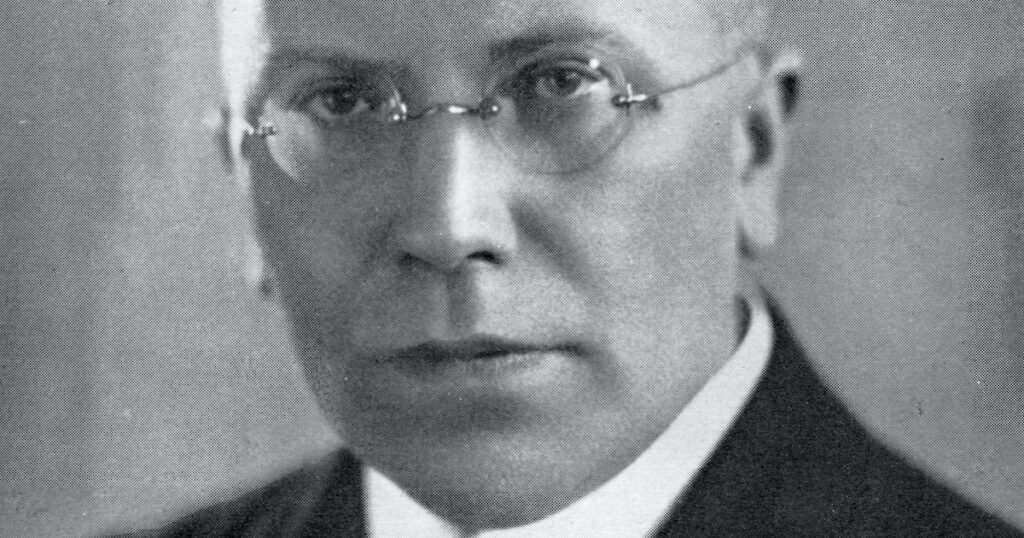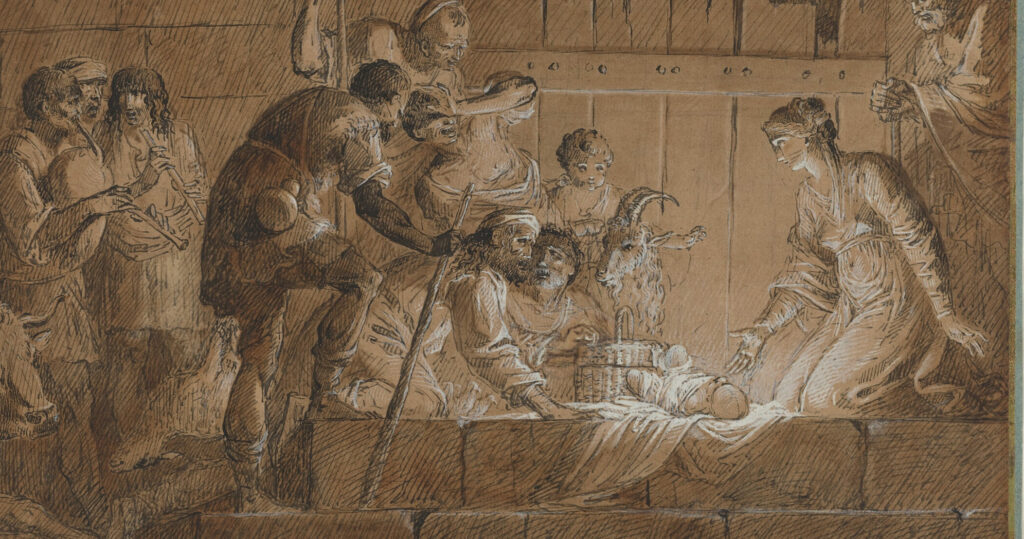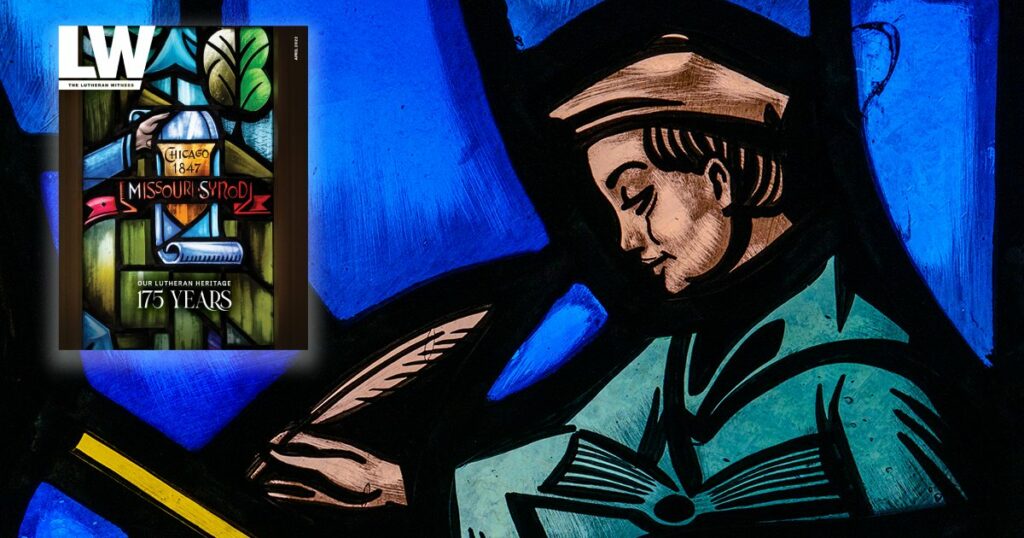By Molly Lackey
It takes a lot of humility to admit that you can’t figure anything out on your own in this quickly shifting world of hyper-individualized everything. It can feel like every aspect of our lives has become more balkanized, fragmented, ensconced in increasingly tiny niches. The web tracking on your browser shows you super-specific advertisements tailored to your search history. Streaming services and self-publishing content creators available across your smart devices let you bypass the limited cable offerings of yore, enabling you to select exactly who and what and where and when you will watch or listen, you and you alone, walled off in your room with headphones in your ears while everyone else in the house does the exact same thing in self-induced isolation.
Living like this is exhausting. And as hard as it is to make polite conversation when nobody listens to the same music or reads the same books anymore, it’s even more frightening to imagine taking this approach to the parts of our life that matter eternally: our faith, how we read the Bible, where we go to church and what we do while we’re there.
This is why it’s so vital to take part in a confession, a “saying together” of what other people around us and before us and after us have believed, do believe and will believe about Jesus and what He has done for us. This is why it’s so important to be a part of a church that walks together through history, a church with a past that it understands so that it can engage with the present and prepare for the future.
The Lutheran Confessions didn’t fall out as shining gold tablets from a magic hat in 1580. The Lutheran Church—Missouri Synod didn’t spring fully formed from the head of C.F.W. Walther in 1847. The Lutheran Service Book did not appear to someone in a dream in 2006. Part of our confession as Christians is that the Bible is a historical document in addition to a spiritual one, a record of real people in real places doing real things that really happened. God works through history, history like creating Adam and Eve, like the virgin birth, like the crucifixion and resurrection. Not only that, but God continues to work through history to pass down the faith through the work and writing of faithful Christians, a legacy that continues to inform and edify us today.
We walk together when we walk in our church history. Knowing the story of those who came before us in the faith helps us from inventing cool-sounding but actually crazy interpretations of Scripture or innovative but unhelpful worship practices. When we know our history, we can understand why we have the traditions, customs and rules that we do — lines that exist for a reason, and that should only be crossed with great caution and prayer. Our history as Lutherans shows us that sometimes the practices and teachings handed down to us can become twisted and strange, like a common phrase distorted to nonsense through a game of telephone. But, by studying church history, we also learn that the answer to a stagnated, begrimed inheritance of doctrine or practice is never to throw it all out and start new, informed only by our small self and microscopic immediate context. Instead, it’s to carefully wash away the accrued distractions and falsehoods through careful study of Scripture and how it has been taught by those older and wiser than us. It’s to do what Martin Luther did: To return ad fontes, to the source, to the Word of God and the wisdom of those less removed in time and space from the days of the apostles.
Knowing your church history is very important, but actually learning it can be tricky. Thankfully, there are many helpful and free resources available today to guide you on your walk through church history:
- Concordia Historical Institute: Concordia Historical Institute (CHI) is the official department of archives and history for The Lutheran Church—Missouri Synod. This means that they hold onto all of the important documentation that tells the story of our church body. While archives are generally very academic organizations, primarily for trained historians, CHI does a lot of outreach programs and offers many resources to help you rediscover your Lutheran history. Many of their exhibits are online, and they offer many free and paid publications that can help anyone at any level of historical background learn about LCMS history.
- The LCMS: The LCMS has produced multiple resources for diving into Lutheran history. The Reformation 500 website from 2017 is still online and is a perennial source of Reformation knowledge, as is the LCMS 175th anniversary page . The LCMS has also put out multiple documentary movies that you can watch online for free, like The First Rosa, which details the life of the black Lutheran educator and church planter Rosa Young, or Martin Luther: The Idea that Changed the World, which was produced in 2017 and shown on PBS.
- Concordia Publishing House: Concordia Publishing House has a plethora of historical resources, from academic monographs on specific historical topics to children’s history curriculum to pamphlets you can make available at your church. If you are participating in the 2025 Formula of Concord reading plan, be sure to grab a copy of the Reader’s Edition of the Book of Concord — the included historical introductions and other resources are monumentally helpful in piecing together the story of how this document came into being.
- The Lutheran Witness! The Lutheran Witness is also a phenomenal resource for learning your church’s history. The recently concluded church history series is a great way to get a bird’s eye view of 2,000 years of church history, and this year’s February issue marking the 50th anniversary of the Walkout zooms in on the events that helped define the LCMS stance on modernist theology and biblical criticism.
Church history tells us that we are not alone. We are freed from the dual tyrants of hubris at thinking we can figure everything out on our own and of despair at not being able to. At a time when many feel discouraged at trending immorality, societal discord, and the quotidian struggles of congregational life, linking arms through the study of old books by dead-and-now-with-Jesus Christians can bring great encouragement. We walk together with a whole host of saints and angels and archangels and all the company of heaven, arrayed in white, who have and do and will continue to cry out for God’s mercy on you and on all people.
Cover image: Photograph of the painting “The Vineyard of the Lord: epitaph for Paul Eber” by Lucas Cranach “the Younger,” on Sunday, Oct. 31, 2021, at the Town and Parish Church of St. Mary’s in Wittenberg, Germany. LCMS Communications/Erik M. Lunsford






There is value, too, in reading well-written literature authored by capable scholars outside our church body.
“But test everything; hold fast what is good” (1 Thess. 5:21 ESV).